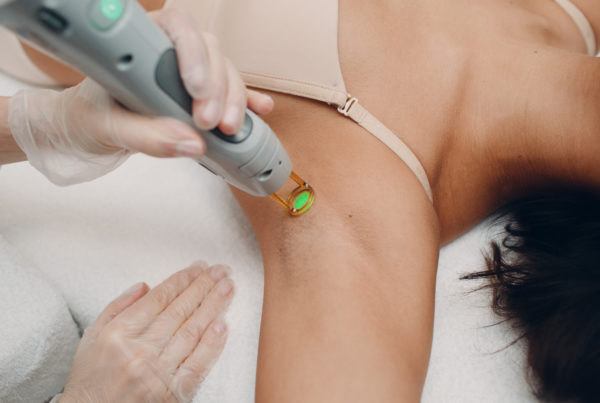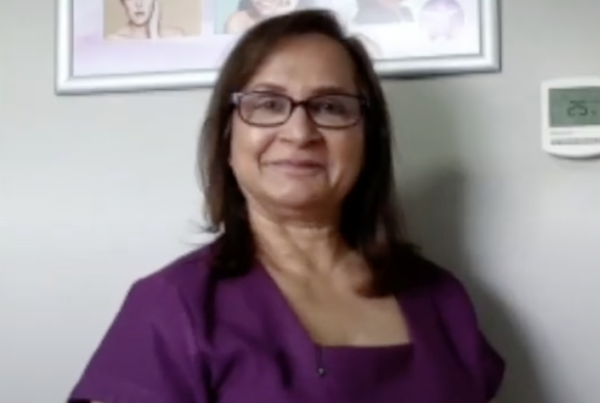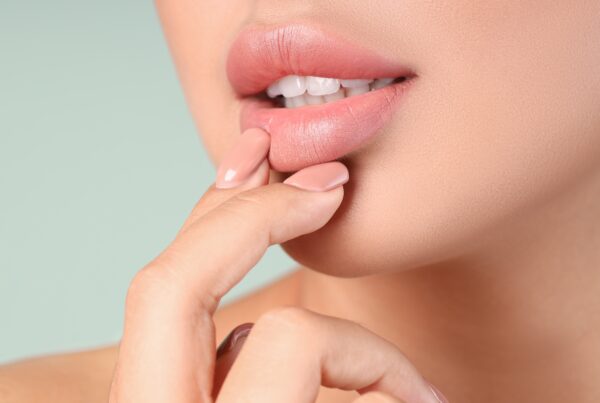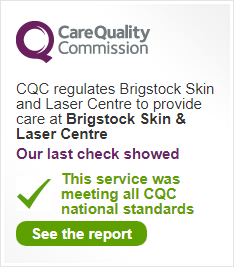‘Hormone Havoc’ – How to care for your skin during menopause
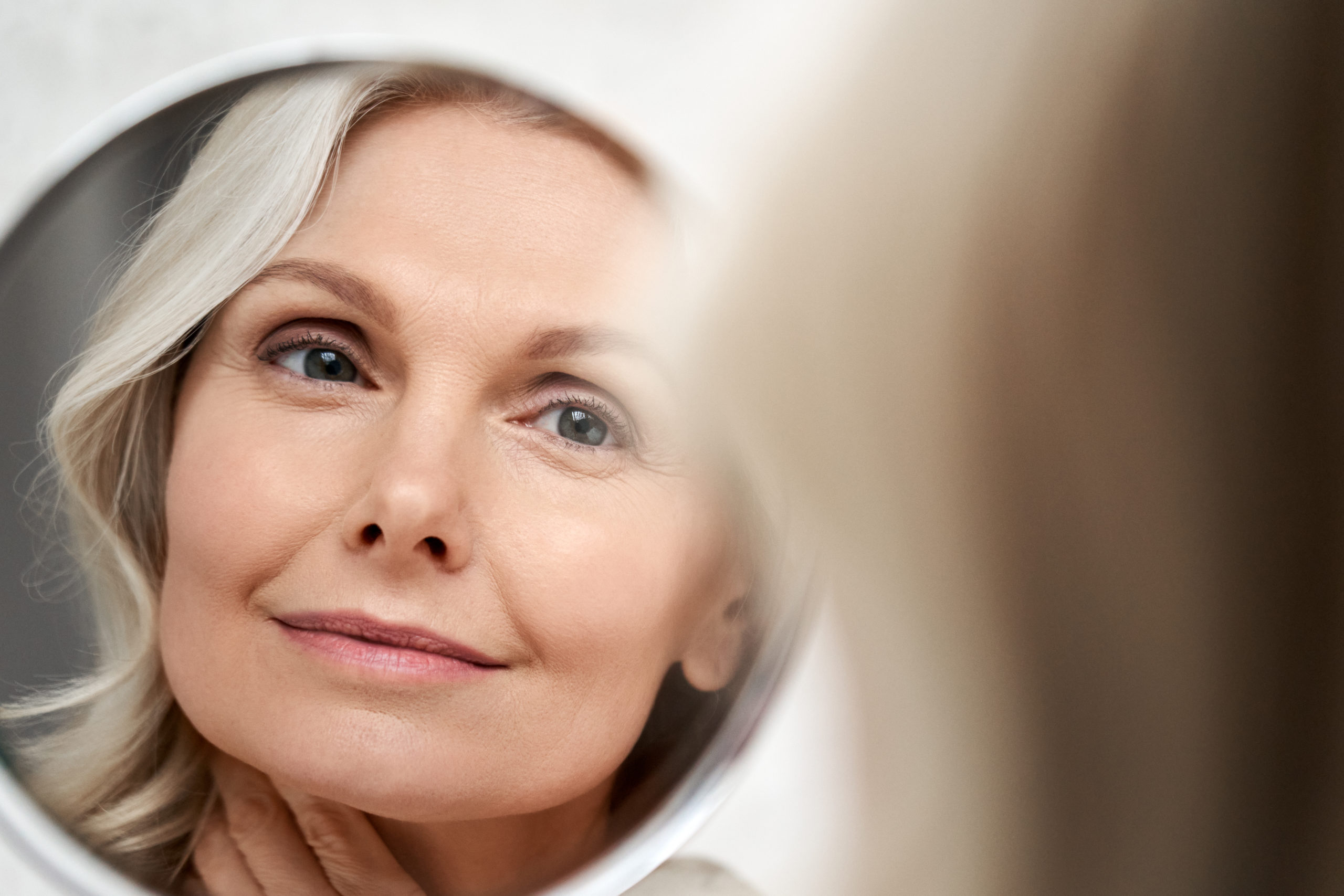
There’s lots of talk about the menopause just now – about time!
The menopause tends to start at the age of 45 to 55, but there are also many reports of women experiencing symptoms earlier than this. Women experience such an extraordinary diverse set of symptoms – from hot flushes and restless legs to brain fog and lack of energy; every woman’s experience is different.
The imbalance in hormones as they alter and plummet during menopause will affect your skin, too. It’s likely to become dull, drier, and sometimes thinner, meaning blemishes may take longer to repair. You may notice more hairs on your face, and if you haven’t been careful in the sun, age spots will start to appear. The dreaded wrinkles begin to deepen.
This is a time of life when our confidence might take a dive and changes like these really don’t help!
Many women are turning to HRT which improves symptoms such as mood swings and night sweats. But it doesn’t suit everyone, and it won’t turn the clock back as far as your skin goes.
So what else can you do?
There are plenty of treatments available that can really help with the effects of menopause on your skin.
Dry skin
In menopause, your skin loses some ability to hold water and it can get quite dry and dull looking. Use skincare products specifically designed to combat dryness – these often contain glycerin. Obagi’s Nu-Derm system for dry skin is a good option. The Hydrate Facial Moisturiser provides 8-hour moisturisation with naturally derived ingredients such as shea butter, mango butter, avocado and the all-important glycerin.
- Hydrate facial moisturiser 48g £49
- Obagi Nu_Derm Fx Skin Transformation Kit (Dry) £469
Microdermabrasion works by removing top layers of skin to reveal more youthful-looking skin underneath. A hand-held applicator containing micro-crystals is passed over the surface of your skin – it’s not a painful process but as your skin becomes thinner at menopause it is important to take advice from an experienced clinician. Trying this treatment at home may do more harm than good!
- Basic whole face treatment £69
Lack of firmness and slack skin
Skin loses collagen during menopause, particularly the first five years. The result is that skin becomes less firm and begins to sag. Your wrinkles often become permanent, jowls appear, and sometimes pouches under the eye. All of these really can make you miserable ☹
Treatment options include dermal fillers. These are injected into the skin to plump it up, make it firmer and smooth out lines and wrinkles. Fillers are often used around the mouth, eyes, noses and foreheads – they’re extremely versatile.
0.55ml £199
Skin needling restores the healthy youthful appearance of your skin by stimulating collagen production. It works by using microneedles to introduce tiny punctures to the epidermis, encouraging the body to produce more collagen rich tissue.
Small area single treatment £229
Break outs
Yes we agree – it’s so unfair to have break outs when you’re going through the menopause! But it does happen, as acne can be exacerbated by hormonal imbalance.
If the break out is serious and long-lasting, a prescription-only skincare system such as Obagi CLENZIderm can help. The system includes clinically proven benzoyl peroxide and salicylic acid to help control acne for a clearer, healthier-looking complexion.
You can find out more from our blog about acne in adults and how it can be treated
- Obagi CLENZIderm M.D System Starter Set £159
Thin skin
Thin skin can be extremely upsetting as it can make you bruise more easily, especially to arms and hands which you may knock more frequently. Unfortunately it’s a fairly common result of menopause, due to lower levels of oestrogen. Thin skin means there’s less protection between the outside of your skin and the blood vessels which cause bruising when damaged. While in winter you can cover the bruises up with long sleeves, in the summer this isn’t such a practical option.
There’s no ‘quick win’. A dermatologist is your best bet as they will explain what your options are and also manage your expectations. A cream containing a retinoid cream such as Obagi® Retinol 1.0 may help, or moisturisers that contain hyaluronic acid which helps hold in water and keeps skin more supple. Laser treatment may be another suggestion.
- Obagi Retinol 1.0 £69
Age spots
Age spots may get larger or darker during the menopause. This is another issue caused by the decrease of oestrogen, which leads to decreased production of melanin. This means your skin is more susceptible to the signs of sun damage.
Prevention is better than cure! The younger you are when you start protecting your skin from sun damage, the better. However, many people now reaching menopause weren’t so aware of the impact of exposure to the sun when they were younger. Even so, it’s still important to stop exacerbating the problem so keep using sunscreen – even in winter. You can read more here
There are several options to lessen age spots, from chemical peels that remove the top layers of the skin to reveal the more youthful layers underneath, to skincare products containing prescription-strength hydroquinone, which lightens the problem area and slows the production of pigment. Obagi’s Nu-Derm skincare system includes a prescription-only lightening product containing 4% hydroquinone and prescription-only retinol in different strengths.
- Obagi Nu-Derm Fx Skin Transformation Kit (Dry) £469
IPL is another potential treatment. This stimulates the natural production of collagen using safe visible light which is absorbed by the pigmented areas of your skin; the light is converted into heat which causes the pigmentation to be broken down. We refer to this treatment as Pulsed Light Therapy:
- Pulsed Light Therapy for pigmentation from £169 (cheeks) / £249 (full face) for a single treatment
Facial hair
During menopause the ratio of testosterone to oestrogen changes. This can lead to an increase in facial hair – under your chin, above your lip or along the jawline. If this is light, downy hair you may be well advised not to worry about it too much, as trying to remove it may make things worse.
However, if the hairs are dark and thick then you may want to consider hair removal treatments. While waxing is one option, if your skin is thinning you may find that this causes bruising. Likewise your skin may react badly to chemical hair removal products.
Laser hair removal is an ideal option for menopausal facial hair. This hair reduction method will give good results, but you will need to be patient! Treatments take place over 6 and 8 sessions spaced out across a number of months to align with your hair’s natural growth cycles. You can try laser or IPL – both use light to heat up the hair follicles and destroy the hair-producing cells in the targeted area. You may also need an annual top up.
- Upper lip single treatment £69
- Upper lip, chin and jawline £167
Where to get advice
You may feel overwhelmed with the choices available to you, which doesn’t help much if you’re already dealing with menopausal brain fog.
A good clinic will discuss your options with you and guide you towards the treatment most likely to help your skin concerns. Choose well! Look at the clinic’s website and the range of treatments it offers. If this is comprehensive you can feel more certain that you are not being nudged towards a treatment that isn’t what you need.
Does the clinic have experienced clinicians and specialist dermatologists? Check client reviews and make sure the clinic offers a free initial consultation and has a results guarantee. Treatments can seem pricy, so see what the clinic provides in terms of payment plans and bundles.
At Brigstock Skin & Laser we offer a superb choice of treatments, and our teams have the expertise to help you decide which to opt for. Please read our reviews to get a feel for how we work with our clients. If you’d like a general chat or to book an appointment you can call us on 020 8683 6730. You can also book online NOW by clicking here.

